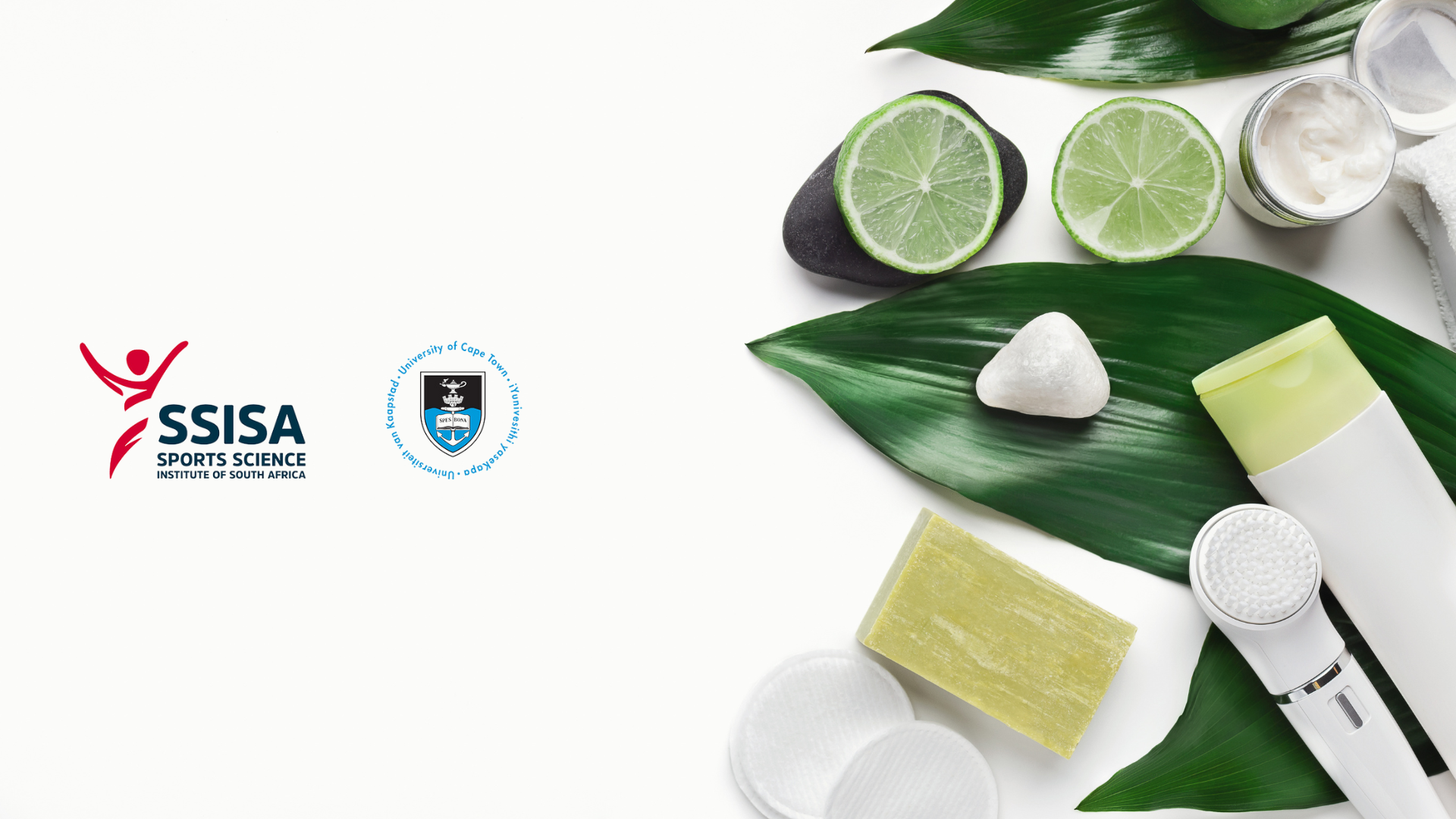As we approach December, designated as the health awareness month for skin cancer, it's crucial to delve into the relationship between exercise and skin health. While we often associate exercise with cardiovascular fitness and muscular strength, the positive impact of exercise on skin is not discussed as often, even though our skin is deemed the largest organ in the human body. It is well-known that physical activity (PA) represents one of the primary pillars of health living and is thus a primary component of healthy living medicine. Therefore, in this blog post, we form the basis of an interesting and engaging physiological discussion by exploring some of the research published in peer-reviewed academic journals regarding the remarkable benefits of regular physical activity for maintaining healthy skin.

Some of the benefits of exercise on skin health include:
1. Improved blood circulation
Exercise plays a pivotal role in enhancing blood circulation throughout the body, including the skin. Increased blood flow delivers essential nutrients and oxygen to skin cells, promoting optimal functioning and aiding in the removal of waste products. In a study published in the Journal of Dermatologic Surgery, Research and Therapy, Silver and colleagues (1) found a positive correlation between aerobic exercise and improved skin microcirculation, emphasizing the importance of regular physical activity for overall skin health.
2. Anti-inflammatory Effects
Chronic inflammation is a key factor in various skin conditions, including acne and psoriasis. Engaging in regular exercise has been shown to have anti-inflammatory effects, reducing the risk of inflammatory skin disorders. Laddu and colleagues (2) published a commentary describing the role of exercise beyond COVID-19. Due to the pandemic, it was found that physical activity, specifically moderate-intensity to high-intensity exercise may contribute to the modulation of inflammatory processes, thus potentially benefiting individuals that are prone to skin inflammation.
3. Enhanced collagen production
Collagen is a crucial protein that provides structure and elasticity to the skin. The aging process and external factors, such as UV exposure, can lead to collagen degradation. However, exercise has been linked to increased collagen production. A recent study demonstrated that regular physical activity can stimulate collagen synthesis, contributing to skin firmness and resilience (3).
4. Stress reduction and Skin Health
Chronic stress has been associated with various skin conditions, including eczema and psoriasis (4). Murad and colleagues have reported in a recent paper that stress management through exercise can have positive effects on skin health, highlighting the interconnectedness of physical and mental well-being (5).
As we observe Skin Cancer Awareness Month this December, let's not overlook the role of exercise in promoting skin health. The evidence presented underscores the multifaceted benefits of regular physical activity, from improved blood circulation and anti-inflammatory effects to enhanced collagen production and stress reduction. Integrating exercise into our routines not only contributes to overall health but also helps maintain the radiant and resilient nature of our skin.
References:
- Silver F, Kelkar N, Deshmukh T, Shah R. Biomechanical Relationship Between Cells and Collagen in Skin and Skin Lesions. Journal of Dermatologic Surgery, Research and Therapy. 2019;2(2).2.
- Kessler J, Chouk M, Ruban T, Prati C, Wendling D, Verhoeven F. Psoriatic arthritis and physical activity: a systematic review. Clin Rheumatol [Internet]. 2021;40:4379–89. Available from: https://doi.org/10.1007/s10067-021-05739-y3.
- Holwerda AM, Van Loon LJC. The impact of collagen protein ingestion on musculoskeletal connective tissue remodeling: A narrative review. Vol. 80, Nutrition Reviews. Oxford University Press; 2022. p. 1497–514. 4.
- Woźniak E, Owczarczyk-Saczonek A, Placek W. Psychological stress, mast cells, and psoriasis—is there any relationship? Int J Mol Sci. 2021 Dec 1;22(24). 5.
- Murad H, Jankicevic J, Garabedian-Ruffalo SM. The Cultural Stress Theory of Obesity. Int J Psychiatr Res. 2021;4(1):1–12.




